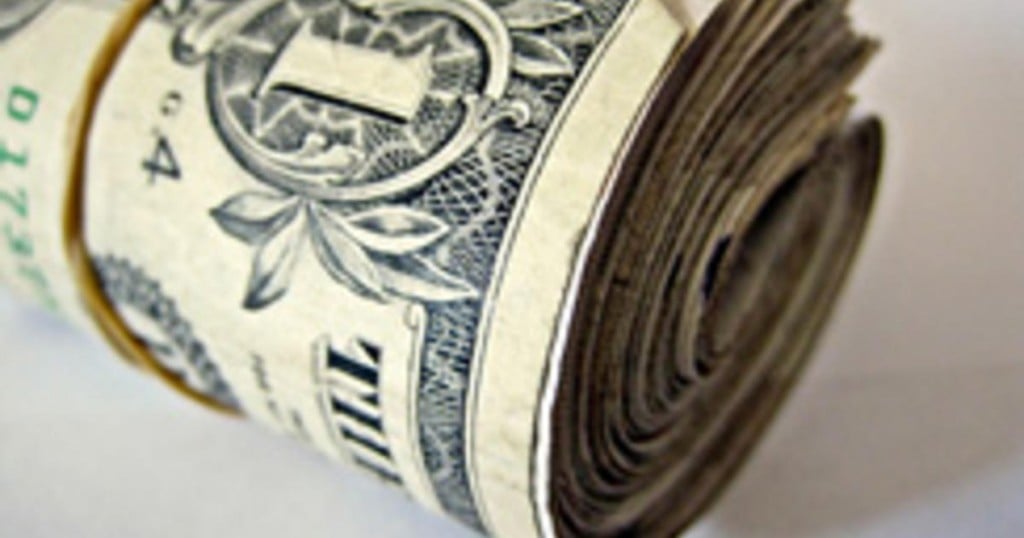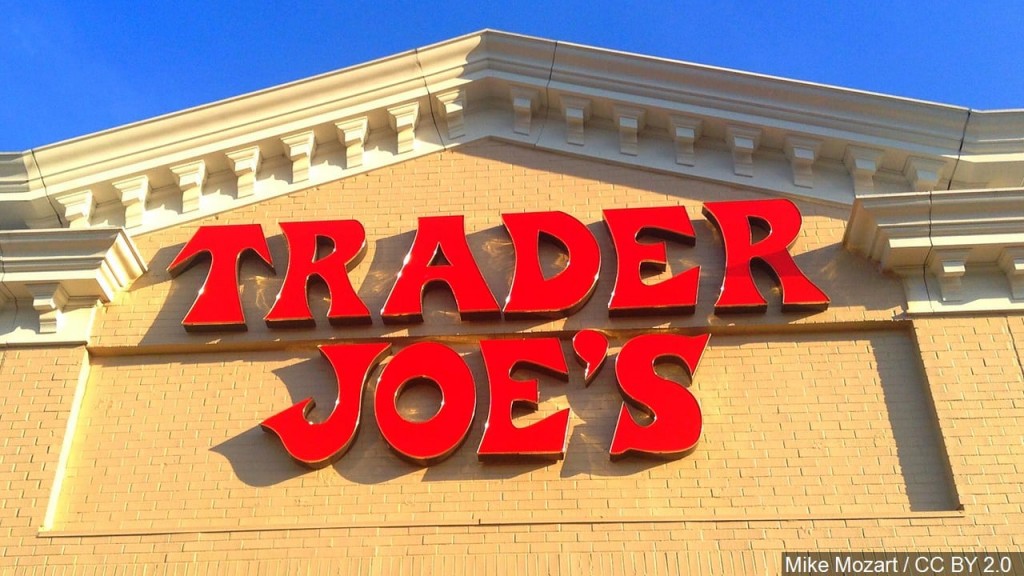A 107% U.S. import tax on Italian pasta could make your favorite spaghetti pricier — or hard to find
Americans may soon be paying more for their favorite Italian pasta brands — or even have trouble finding imported spaghetti — as the Trump administration eyes a new import duty on 13 of Italy’s largest pasta exporters.
The proposal, published by the Commerce Department in September, would add a new 92% antidumping duty after a U.S. government probe found that some Italian pasta brands, including La Molisana and Pastificio Lucio Garofalo, were selling their products below U.S. market prices. Combined with the existing 15% tariff on European Union imports, the total duties on Italian-made pasta could rise to 107%.
That would represent one of the Trump administration’s highest import duty rates on any product, according to the Wall Street Journal, which earlier reported on the pasta dispute.
If the anti-dumping duty goes into effect, the impact on American consumers would be substantial, according to Phil Lempert, food industry analyst and editor of SupermarketGuru. Some Italian pasta makers may simply stop exporting their products to the U.S., while others might raise their prices, he added.
“You don’t have enough domestic manufacturing to fill up those shelves,” Lempert said. “So you’re going to walk into the pasta aisle and you’re going to see it half empty.”
White House spokesperson Kush Desai told CBS News, “Italian pasta is not ‘disappearing.'”
He added that the antidumping duty is a proposal and that it is not yet final. “The pasta makers still have several months to continue participating in this review before this preliminary finding becomes finalized,” he said.
Yet some Italian pasta companies are preparing to pull out of U.S. stores as soon as January because of the threat of the new antidumping duty, according to the Wall Street Journal.
Which pasta brands could be affected?
The antidumping duties — a type of federal tariff applied to imported products sold in the U.S. for less than their market value — would impact 13 Italian pasta makers, including La Molisana and Garofalo, according to a U.S. Department of Commerce publication. The companies did not immediately respond to CBS News’ request for comment.
- Agritalia
- Aldino
- Antiche Tradizioni Di Gragnano
- Barilla
- Gruppo Milo
- La Molisana
- Pastificio Artigiano Cav. Giuseppe Cocco
- Pastificio Chiavenna
- Pastificio Liguori
- Pastificio Lucio Garofalo
- Pastificio Sgambaro
- Pastificio Tamma
- Rummo
What comes next for Italian pasta
Desai, the White House spokesperson, told CBS News that the companies in question failed to adhere to multiple data requests from the Commerce Department as part of a long-running probe into Italian pasta makers that has been ongoing since the mid-1990s.
Desai added that there’s no “hard date” for when the duties would take effect.
The Commerce Department and International Trade Administration did not immediately respond to CBS News’ requests for comment.
American pasta makers have long accused their Italian rivals of unfairly undercutting them on price. But the Commerce Department’s proposal may mark a tipping point for Italian exporters that rely heavily on the U.S. market.
Last year, the U.S. imported pasta from Italy valued at $684 million, according to the Observatory of Economic Complexity, which offers global trade data.





